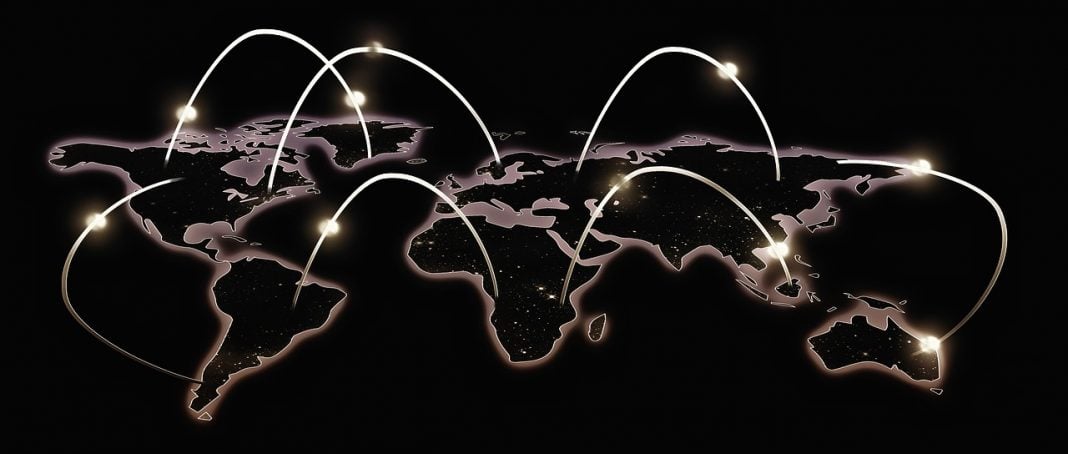Modern international politics is often lacking the formality. Unfortunately, the “diplomacy upon a cup of coffee” does not always work, there are other factors influencing it. Among them there is phone pranking, realised on international level.
Russian pranksters Lexus and Vovan (Alexei Stolyarov and Vladimir Kuznietsov) have been pranking people already for almost ten years. For few years they have been acting on the international level. Among their latest objects of interest was Andrzej Duda, the President of Poland. Among their “achievements” there is a 40-minute-long conversation with Danish parliamentarians during which they disguised themselves as Sviatlana Tikhanouskaya, the symbol of Belarussian opposition, interest of whom in Europe can be called overgrown.
As we know well, prank is not at all Russian invention – pranks were listened to and are listened to as entertainment on the radio in many countries around the world. What is so dangerous in the actions of Russian duet which skilfully and not without humour clashes heads of different states’ representatives?
First of all, the list of prank targets looks to be politically motivated. Lexus and Vovan prefere not to attack representatives of Russian authorities, except for Vladimir Zhirinovsky. By the way, the leader of the Liberal Democratic Party of Russia has been functioning on the market long enough in the role of political showman, therefore he can be a partner in any appropriate performance. It seems significant that Lexus and Vovan attack few categories of politicians, including American politicians, big calibre politicians from the Old World and politicians from the post-Soviet space. The rule of good political tone of the establishment is leaving pranks without comments, therefore the Lexus-Vovan duet is indeed able to create the alternative day order.
Secondly, in similar way the trust between the leaders of different states is being undermined. Therefore new security measures and speakers verification algorithms are introduces. It is worth reminding the leak of the transcript of the talk between Donald Trump and Volodymyr Zelenski in the summer 2019. After that it is impossible to speak about deep trust towards other world leaders among prime ministers and presidents.
Thirdly, in the context of the COVID-19 pandemics, communication on the international level has undergone drastic changes. Today it is obvious for anyone interested in the development of international relations. The domination of the Russian pranksters (they work not only for the internal use in Russia – Russia Today and Sputnik agency disseminate the information about successful phone “attacks” all over the world) distorts the informational image. That way, Kremlin demonstrates its ability to influence the international relations agenda.
Fourthly, loudly advertised pranks are in fact legalized fakes, which are given additional informational value. In modern world such process allows to undermine the reliability of the situation even in some episodes of international relations. Obviously – Kremlin likes to act in chaos.
It is worth noticing that not only phone pranks have become a tool of public hybrid influence. In June 2018 MEP Rebecca Harms informed that she was the aim of fake correspondence in the name of Igor Rainin, the head of the administration of the President of Ukraine Petro Poroshenko regarding the project of the legislation concerning LGBT community in Ukraine. However, about such tools of influencing the Western politicians’ minds we will talk in details the next time…
Jewhen Mahda





